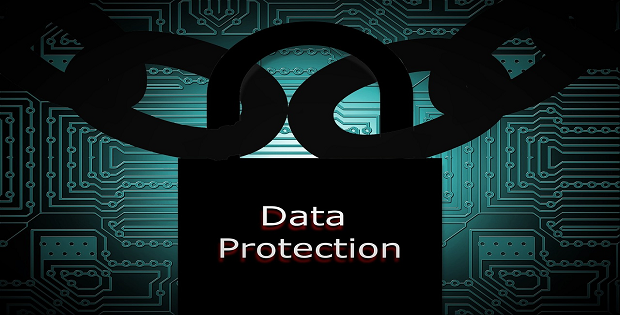What is Data Security in Cloud Computing? Tips to Protect
Last Updated on 1 week by Touhid
Data security in cloud computing is a set of policies, tools, procedures, and technologies used to protect customer data, applications, and networks. In this post, we will discuss what is data security in cloud computing.
Table of Contents
What is Data Security in Cloud Computing?
What is data security in cloud computing? Data security in cloud computing is the process of protecting the data from cyber threats or unauthorized access. It ensures the data confidentiality, integrity, and availability of data that an organization store and access.
Data security is very important for both cloud service providers and clients.

Tips for Ensure Data Security in Cloud Computing
Here are some useful tips to keep your data safe and secure in cloud computing.
1. Use Strong Password
The first thing you have to a create and use a strong password that can protect data from hacking. Never use simple passwords to remember in mind such as date of birth, mobile no, employee ID, student ID, test123, 123456. However, here are some tips to create a strong password:
- The password length should be at least 10 characters long.
- The password doesn’t contain your username, real name, company name, or institution name.
- The passwords should contain uppercase letters (A – Z), lowercase letters (a – z), numbers (0 – 9), and special characters (@, #, $, %, ^, (,), &, *!).
- Example for a strong password: C#a25^ub@2 is a strong password and a standard password
It is strongly recommended you that use strong and unique passwords for different accounts and change your password regularly, usually between 30 and 180 days.
2. Data Encryption
Data encryption is one of the best ways to ensure data security in cloud computing. It provides more security of your data because you need to decryption before accessing the data. This decryption process will protect data against service providers and unauthorized users.
There are different types of encryption methods such as AES, MD5, and SHA 1 are used to encrypt and decrypt the data.
Learn more about Data Encryption.
3. Antivirus Software
Antivirus is a program that helps to protect malware, viruses, and unwanted threats on your cloud data and prevent hackers from unauthorized access to your data.
If you expose yourself to malware and viruses then hackers can easily access your system. So, you have to use very effective anti-virus software for your system, which will protect all kinds of files and information.
You should use professional anti-virus software to secure your data in cloud computing, which are as follows:
4. Data Integrity
Data integrity guarantees that data is in the correct format, ensures quality, and protects data from unauthorized modification or deletion.
When users store data in the cloud, they think cloud service providers are providing reliable services to them and hope that their data are in secured way. But it is true that the cloud service providers may be unfair and user data may be altered or deleted by them and also may discard the data which has not been accessed by users.
So, data integrity is one of the major concerns with cloud computing data storage.

5. Inside Malicious
Malicious insiders are the people who are authorized to manage the user’s data or who have access to the data such as database administrators, partners, and contractors of the cloud services company.
They are doing illegal activities such as they can steal or corrupt the data whether they are getting paid by other companies. In that case, cloud service providers may not be aware of that issue because of their inability to properly manage their employees.
To prevent inside malicious attacks cloud service providers can “create a system to notify them when data breaches happen”.
6. Denial of Service Attack
Data availability is a process that ensures the data is available for use anytime whenever needed. It is very important for some companies because they are providing critical services so, their systems are available all the time.
In a cloud services system, resources are shared by many clients. In that case, if an attacker uses all available resources then others cannot use those resources, and as a result, data will be unavailable which leads to a denial of service attack. Sometimes could slow accessing those resources.
7. Data Loss
There are many ways to lose data in the cloud computing system such as technology fails, backup copies are lost, and servers crash. However, the most common factors for data loss in the cloud are as follows:
- Accidental Deletion
- Malicious attack
- Overwriting Data
- Data encryption
- Data backups and Recovery
To protect against losing the data, here are some important tips:
- Use a strong API between the cloud service provider and the client where clients can manage and control their data.
- Use data encryption technology for data storage in the cloud
- Specifying the backup and recovery strategies
Conclusion
Finally, as a cloud service provider, you should ensure data security in cloud computing. We have discussed the topic What is data security in cloud computing. Hope the article will be helpful for you.




